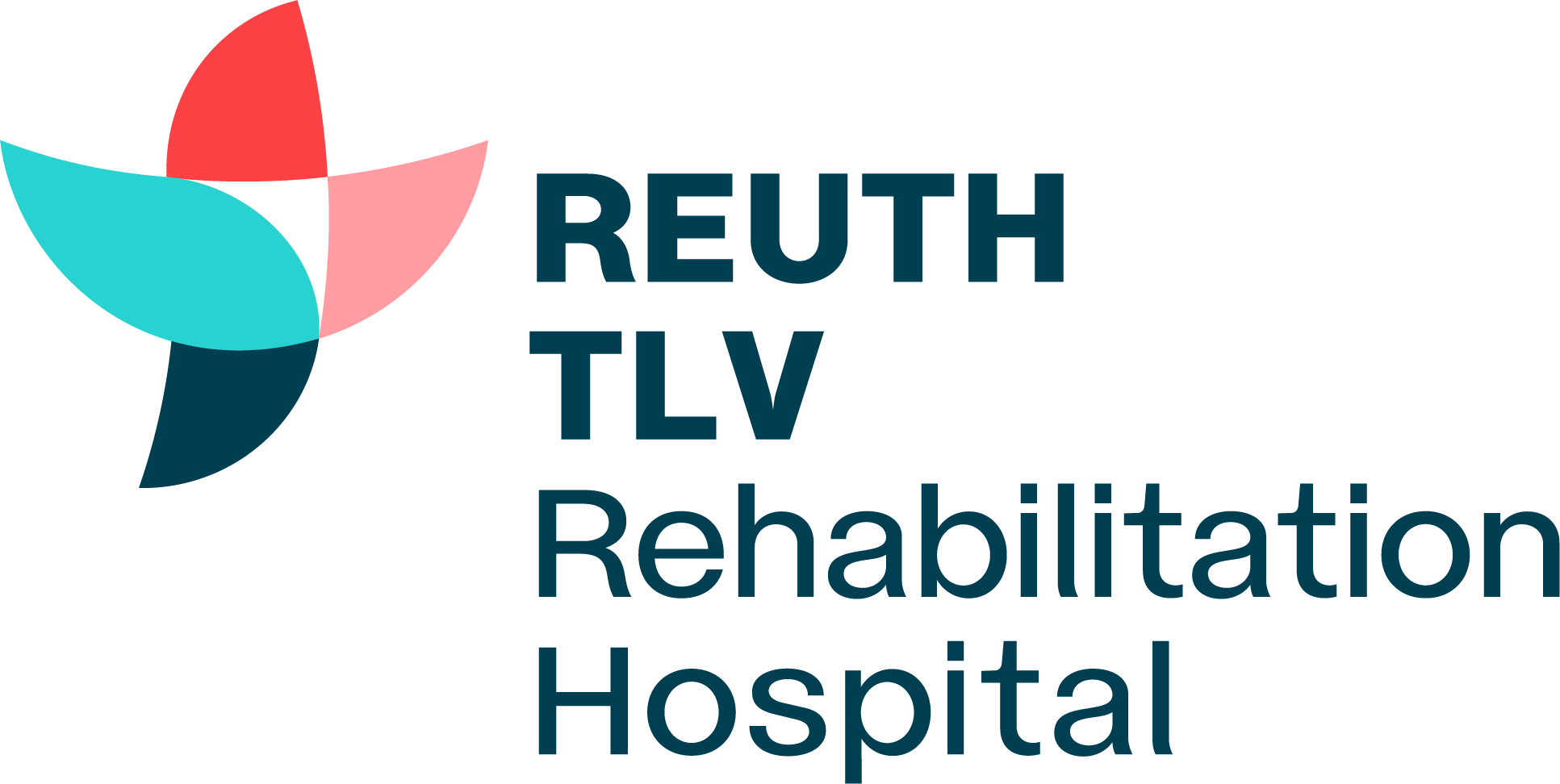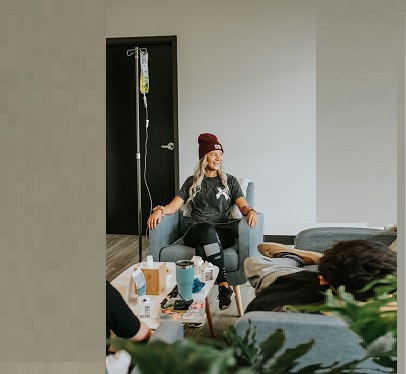Elderly people who are confined to their homes and need long-term medical treatment due to a serious or chronic illness, can receive medical care at home from their health fund. Medical care at home is authorized by the individual’s family doctor and provided for patients with a wide range of illnesses, until their condition is stabilized and they are once again able to come to the health fund’s neighborhood clinic for treatment. Teams of home treatment units usually don’t change, and include a doctor, a nurse, a social worker and a physiotherapist.
Characteristics of patients treated by home treatment units
Home treatment units treat patients with a wide range of illnesses and conditions – both medical and functional, such as: people after hospitalization for a stroke (CVA), an injury or an orthopedic operation; oncology patients; and individuals with chronic medical conditions characterized by frequent changes, requiring recurring hospitalizations and close medical supervision, like congestive heart failure or respiratory failure.
What does medical home treatment include?
The purpose of medical home treatments provided by the health funds is to make sure the doctor’s orders are followed, prevent complications and minimize the need for repeated hospitalizations. Home treatment units are multidisciplinary, consisting of a doctor, a nurse and a social worker, as well as rehabilitation professionals when needed. Units are responsible for supplying and upkeeping oxygen tanks and equipment for full or partial respiratory support, as well as intravenous administration of medication, fluids and nourishment.
Home treatment units provide rehabilitation treatment when needed, focusing mainly on physiotherapy, with other types of rehabilitation offered on a more limited basis. Some units provide only palliative care, and a few administer chemotherapy. All home treatment units offer ongoing medical and nursing management of the patient’s condition, changing treatments as needed. In some cases, social workers provide emotional support to the patient and his family, as well as information about services available in the community. The frequency of visits by doctor and nurse can range from several times a week to only once every month or two, depending on the patient’s medical condition, the treatment patterns and the health fund’s policy.
Beginning and conclusion of home treatment
The decision to accept a new patient for medical home treatment is based on an initial home visit designed to evaluate the patient’s suitability for the unit’s treatment and also to determine a treatment program. The decision to end home treatment is generally made by the doctor in charge of the unit. This happens when the patient is able to get to the local clinic on his own, or with the help of family members, and/ or when the local clinic’s staff is able to handle the patient’s treatment independently.
The information presented in the English website is partial. For full info please visit our Hebrew website

 donation
donation 




“Reuth Information Center”, All rights reserved to Reuth rehabilitation hospital. Reuth Information Center is an informational site only. All information on the Website is not a replacement or a substitute for medical, legal, economic, consumer, financial or other advice and any use of the information on the Website is solely the responsibility of the User. Surfing is subject to Terms of Use.